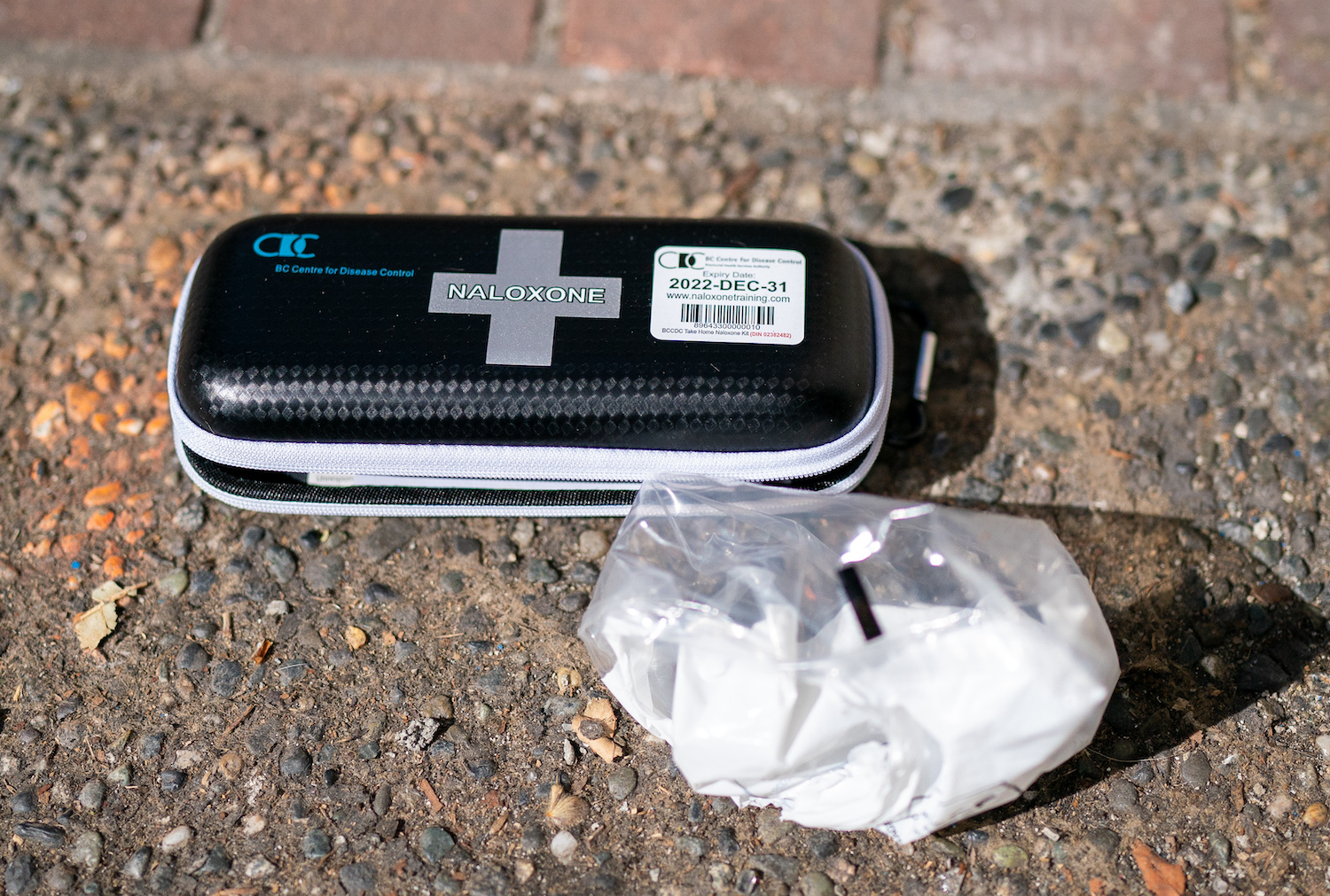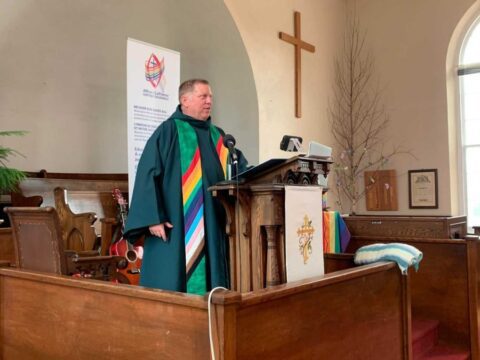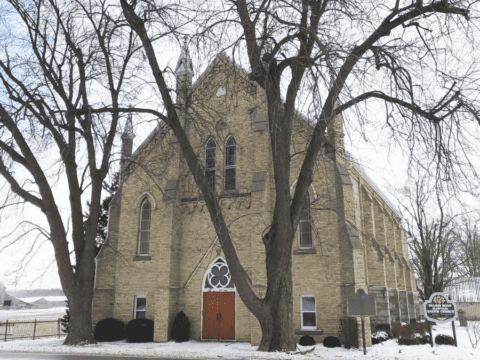Signalling a move away from traditional ways of thinking about abstention and temperance, The United Church of Canada has voted to join “harm reduction advocates… in calling on the federal government to decriminalize illicit substances for personal use.”
“The call to be a harm reductionist church is both personal and public,” said the church in a press release. “Many of our members have been touched by family or friends who have been lost due to the toxic drug crisis in Canada.” In 2021, there were a total of 7,560 apparent opioid toxicity deaths across Canada, approximately 21 deaths per day.
You may unsubscribe from any of our newsletters at any time.
On July 25, General Council approved a motion that would see the denomination work with churches across Canada to move towards adopting harm reduction practices and “provide resources for communities of faith to engage locally in conversations relating to the use of drugs, substance use disorder and the decriminalization of illicit substances for personal use.”
It also directs the church to work with regional councils to ensure communities of faith are trained to administer and stock Naloxone, a fast-acting drug used to temporarily reverse the effects of opioid overdoses.
In an interview, Rev. Jeffrey Dale, minister for justice and faith formation at Shining Waters Regional Council and the proposal’s lead author, said he was moved to tears when the proposal carried.
“We’re almost 100 years as a church and we’ve just made a completely different declaration than what our history calls us to,” he said, explaining that rather than emphasizing the importance of abstinence, the church is now saying “we’re in community with you.”
The proposal also aims to help educate those preparing for ministry about the lives of people who use drugs and their families.
In its recommendation to affirm the proposal, the General Council facilitation team told delegates that there was strong support from most discussion groups, though some groups had thought that safe supply should be considered and that the church should use language that reflects current terminology, replacing, for example, “people with substance use disorder” with “people who use drugs.”
Rev. Karen Tjaden, a commissioner from Crossroads Pastoral Charge in Manitoba, said that she was glad the church affirmed the proposal but expressed concerns around the notion of decriminalization.
“I just don’t know enough yet to know whether that is the best way forward,” she said. “In my own experience with grappling with what harm reduction means, it really takes a lot of letting go of old ideas and old ways of thinking — and I think that’s really important.”
More on Broadview:
- Demand for safe consumption sites is growing, and United churches are speaking up in support
- For some women, Alcoholics Anonymous isn’t the way
- United Church centre helps addicts reclaim their lives
Rev. Evan Swance-Smith, a commissioner from Toronto Urban Native Ministry, said it is important to recognize that substance use is more prevalent in society than it might appear. Despite the criminalization of drugs in Canada, they are still easily accessible.
“The bigger issue is that the people who tend to be criminalized for it are Indigenous, people of colour or young people,” Swance-Smith said, noting that criminalization disproportionately results in the incarceration of these groups for minor drug offences.
“I think it really says something when Canada’s largest Protestant denomination commits itself to education.”
***
Leslie Sinclair is an intern at Broadview.














